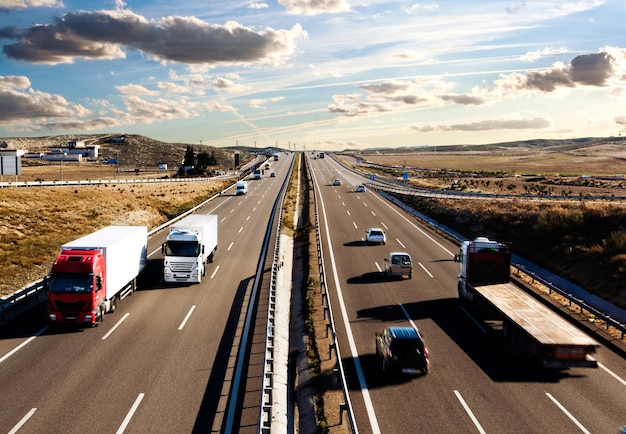
Transportation plays a pivotal role in shaping our modern society, enabling the movement of people, goods, and ideas across vast distances. As we navigate the complexities of a rapidly evolving world, it becomes imperative to identify the most important mode of transportation. In this article, we will delve into various dimensions of transportation, exploring their significance and impact on our lives. By analyzing key factors such as efficiency, accessibility, environmental sustainability, and societal implications, we will uncover the most crucial mode of mobility that underpins our global connectivity.
- Efficiency: The Lifeblood of Transportation
Efficiency stands as a cornerstone in determining the importance of transportation. The ability to transport people and goods swiftly and seamlessly is paramount for economic growth, trade, and overall societal development. While each mode of transportation has its merits, it is the intermodal connectivity that truly drives efficiency. The seamless integration of air, sea, rail, and road transport networks ensures the smooth flow of goods and people, optimizing time, cost, and resources. - Accessibility: Bridging the Gaps
Transportation's importance lies not only in its efficiency but also in its ability to bridge geographical and social gaps. Accessibility is a key factor that determines the reach and impact of transportation systems. A mode of transportation that provides widespread access to remote areas, connects marginalized communities, and enables mobility for all individuals, regardless of their socioeconomic status, holds immense significance. In this regard, public transportation emerges as a vital lifeline, fostering inclusivity, social cohesion, and equal opportunities. - Environmental Sustainability: Paving the Way for a Greener Future
In an era of increasing environmental concerns, transportation's impact on the planet cannot be overlooked. The most important mode of transportation must prioritize sustainability, minimizing carbon emissions, and reducing ecological footprints. While traditional modes like road transport heavily rely on fossil fuels, the emergence of electric vehicles and advancements in renewable energy offer a glimmer of hope. However, it is the integration of sustainable modes such as rail and public transit, coupled with innovative urban planning, that holds the key to a greener future. - Societal Implications: Beyond Mobility
Transportation extends its influence far beyond the mere act of moving people and goods. It shapes cities, influences lifestyles, and impacts social dynamics. The most important mode of transportation should consider the broader societal implications it brings. A comprehensive transportation system that fosters economic opportunities, enhances cultural exchange, and promotes social integration is of paramount importance. By prioritizing multimodal connectivity, seamless intercity travel, and efficient logistics, transportation becomes a catalyst for economic growth, cultural enrichment, and social progress.
Conclusion:
After a comprehensive analysis of efficiency, accessibility, environmental sustainability, and societal implications, it becomes evident that public transportation emerges as the most important mode of mobility. Its ability to provide widespread access, foster inclusivity, reduce carbon emissions, and shape societies makes it a vital component of our interconnected world. As we strive for a sustainable and equitable future, investing in and prioritizing public transportation will pave the way for a more connected, efficient, and harmonious society.





